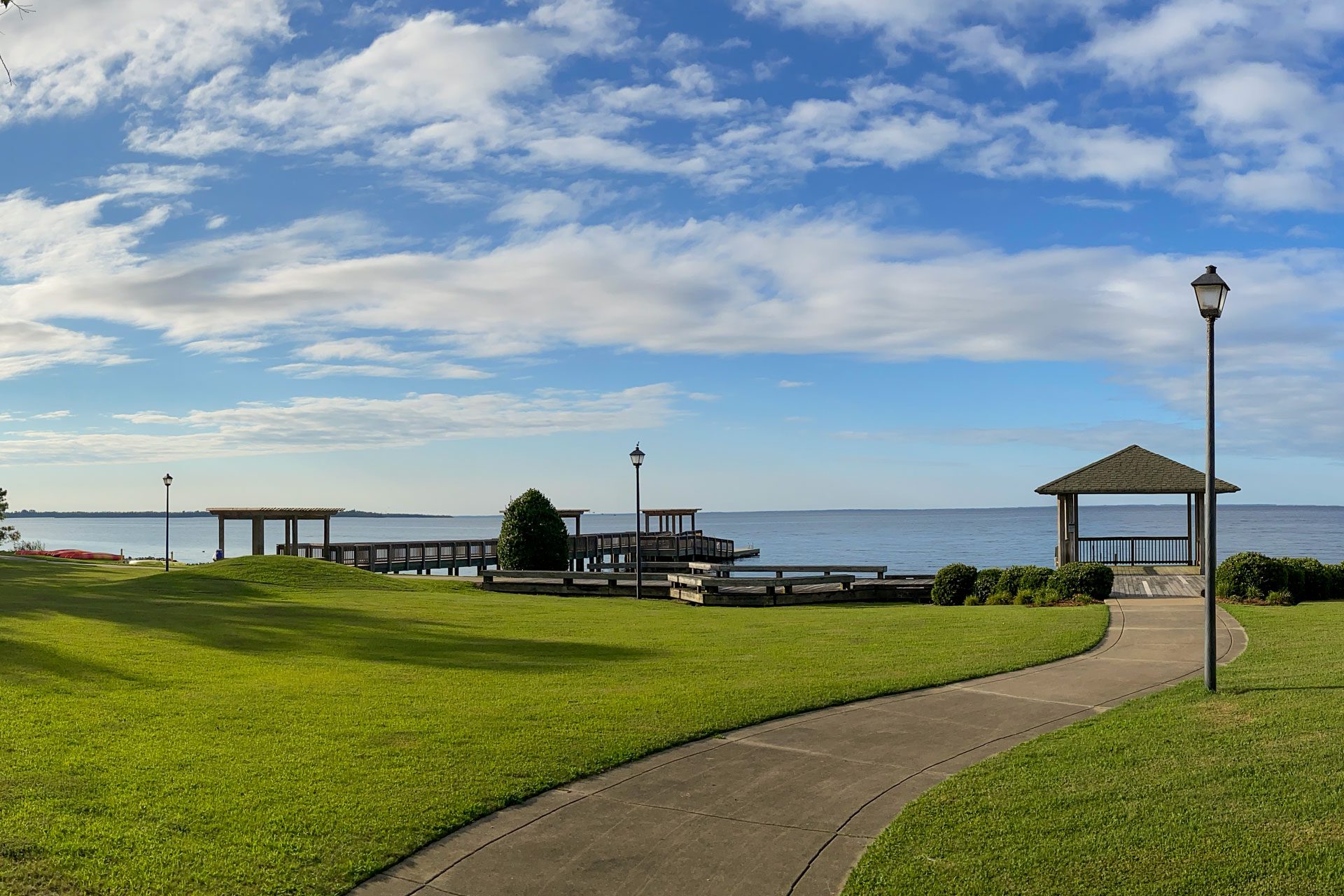Will my child be safe at camp?
The Eastern 4-H Center is accredited by the American Camping Association. This means that we set our policies and procedures to match up with a nationally recognized organization and go through a peer review every 5 years. These standards focus on health, safety, and risk management practices.
While no one can guarantee against accidents, we do everything possible to assure safety. Campers are supervised at all times by well-trained counselors and we maintain a staff-to-camper ratio that is in line with the American Camping Association standards. The Center has trained and qualified staff that serves as lifeguards, ropes course facilitators, and boating instructors. All Center counselors and program staff are carefully screened and receive 2-3 weeks of pre-camp training. If an injury or sickness should occur, we have qualified medical and emergency help on call. All summer camp staff and some full-time staff are also certified through the American Red Cross in first aid and CPR. Maybe add some info about the ACA accreditation here to note the safety measures they add to our camp?
What should my child bring to camp?
- Comfortable shorts & shirts for 6 days
- Underclothing for 6 days
- Pajamas
- Socks for 6 days
- 2 pairs of closed-toe shoes (required when not at the pool or waterfront)
- 2 single sheets and a blanket, or a sleeping bag
- Pillow with pillowcase & light blanket
- 1 pair of long pants, jeans, or sweatpants
- Sweater or sweatshirt
- 1 pair of “water” shoes – these are required for boating activities
- 2 bath towels and washcloths
- 1 pool/waterfront towel
- Toiletries (soap, shampoo, toothpaste & brush, deodorant, comb or brush & hair dryer)
- Swimsuits (please bring more than one, full coverage swimsuit)
- Rain gear or jacket
- Flashlight and batteries
- Insect repellant
- Sunscreen
- Reusable Water Bottle
- Small tote bag – to carry around items needed for daily activities
- CAMP TIP – Put your name on clothes and gear with a permanent marker.
- Optional things to bring: Paper, pen, envelopes, stamps for letters home, and/or a disposable camera with your name in permanent ink
Please note: The Center cannot be responsible for campers’ personal items.
What should my child NOT bring to camp?
- Any electronics, computers, iPads, or cell phones
- Expensive items, especially jewelry
- Weapons or controlled substances of any kind
What if my child takes medication?
All prescribed and over-the-counter medications must be given to the camp healthcare coordinator in its original container stating the camper’s name and the dosage requirements during check-in. No medication of any kind can be kept with a camper. If your camper has emergency medication, such as an epi-pen or inhaler, that will be given to the counselor for them to carry and hold on to for the camper.
Can my child’s dietary needs be met?
Special dietary needs and other medical conditions are very important to the well-being of your child! Please talk with center staff prior to your child’s arrival to make sure all measures are met in regards to their dietary needs.
What about food?
We have great food prepared by an outstanding dining hall staff! All campers receive breakfast, lunch, and dinner each day along with an afternoon camp store and evening snacks. Healthy meals are planned and prepared safely, following all health codes and ServSafe guidelines. Please inform camp staff of any special dietary needs or food allergies.
We do not allow food in the cabins so please do not send care packages with food. We will have the camper open packages in front of their counselor and if there is food and drink in the package the counselor will bring those items to the camp store where we will store them with the camper’s name on them. During camp store time, the camper can ask for their snack or drink that was sent from home. Any leftovers will be returned to the camper on checkout day. We do not encourage this though and would prefer that no food or drink were sent in the care package.
Will my child need spending money?
All campers will have the option to visit the camp store each day to purchase snacks, drinks, and souvenirs. All campers will receive an initial $15 of camp store money that is included with their registration fee. If you would like to include additional camp store money this can be done with your initial registration online or on the first day of camp. This money will be collected at check-in and put on a “camp store card”. Any leftover money will be returned at the end of the week at checkout. This does not include the initial $15 that they received with their registration fee. The suggested amount is $20-$25.
How are campers supervised?
Campers are supervised at all times by well-trained counselors. Counselors and program staff assist campers throughout their camping experience to ensure safety. We maintain a staff-to-camper ratio that is in line with the American Camping Association standards.
Where is the camp located?
Our facility is on Bulls Bay near Columbia, NC, which is about 45 minutes west of North Carolina’s Outer Banks. The Eastern 4-H Center is located 4 miles off the US Highway 64 corridor using Exit 562.
Our physical and mailing address:
Eastern 4-H Center
100 N. Clover Way
Columbia, NC 27925
How do we apply for camp?
After choosing the camp your child will attend, see our camp registration page, and follow the instructions.
What if I feel like my child might get homesick?
You know your child better than anyone else does, but there are some helpful guidelines or tool kits to help prepare your child:
- Involve your child in planning for a camp experience—from choosing the camp to packing for the trip.
- Encourage your child to talk about ALL the feelings he/she has relating to camp. Don’t belittle his/her concerns or try to pass them off by saying ‘It will be okay. Simply acknowledge all the emotions shared.
- Be realistic and talk about how natural it is to feel homesick or sad sometimes and happy and excited at other times.
- Encourage the child to expect the sad moments to pass and help him/her understand how to help them pass more quickly. For example, tell your counselor or a friend how you feel then deliberately focus on something that makes you feel better.
- Depending on the age, your child may want to take a special reminder of home, like a family photograph, a favorite stuffed animal, or other reminders.
- Visiting the camp facility beforehand can be comforting to some children (and parents).
- If your child is old enough to write home, help your child pre-address some stamped postcards to take with them for mailing to friends and family members while he/she is at camp.
- Try and arrange for your child to attend camp with a friend so that the two can support each other.
- Send an encouraging letter to your child at camp and have it waiting for him/her before arrival. Express your confidence in his/her ability to handle this new and exciting experience.
- Tell them you are looking forward to hearing all about the fun they will have during the week.
- You may want to tell them you are planning a special homecoming meal to celebrate this milestone.


